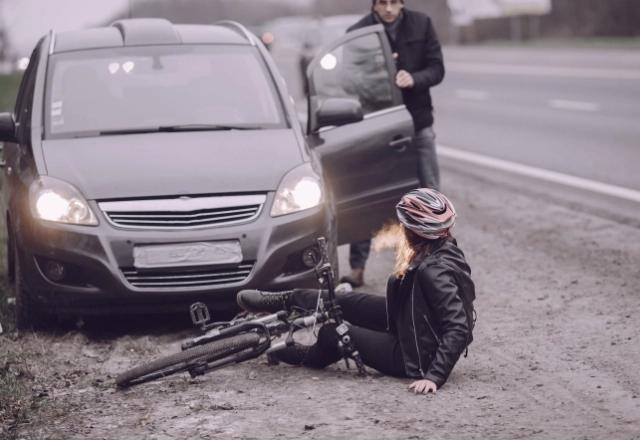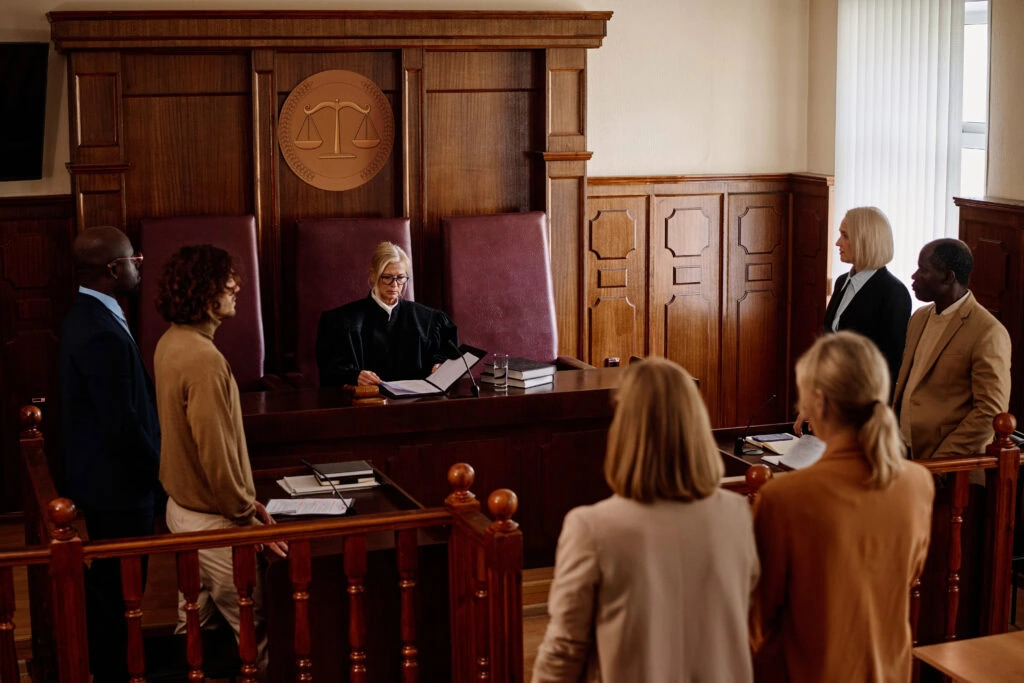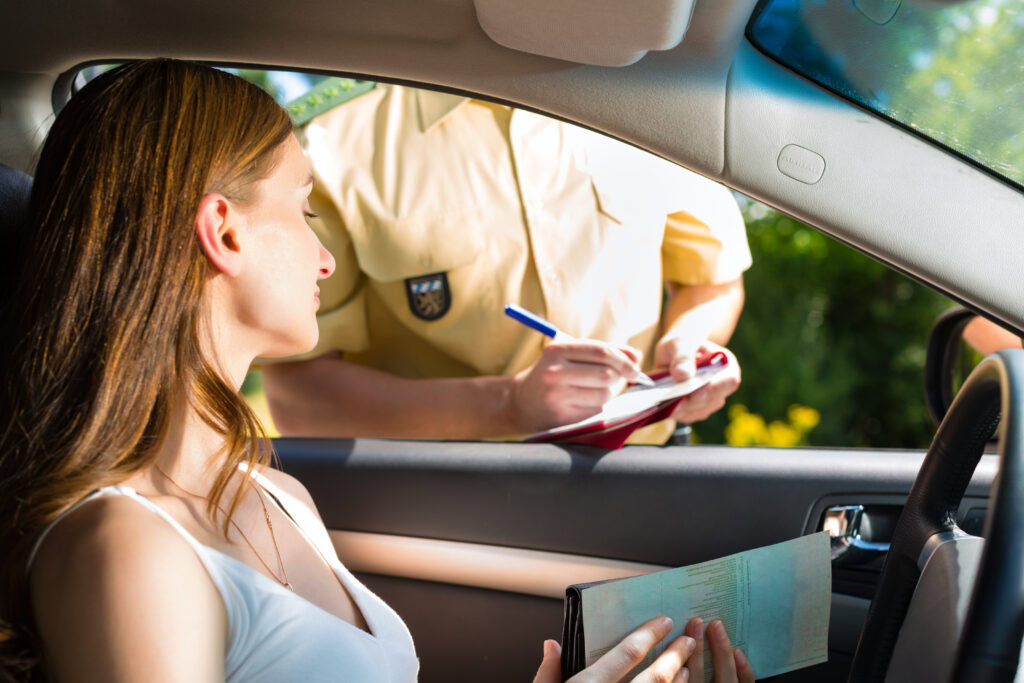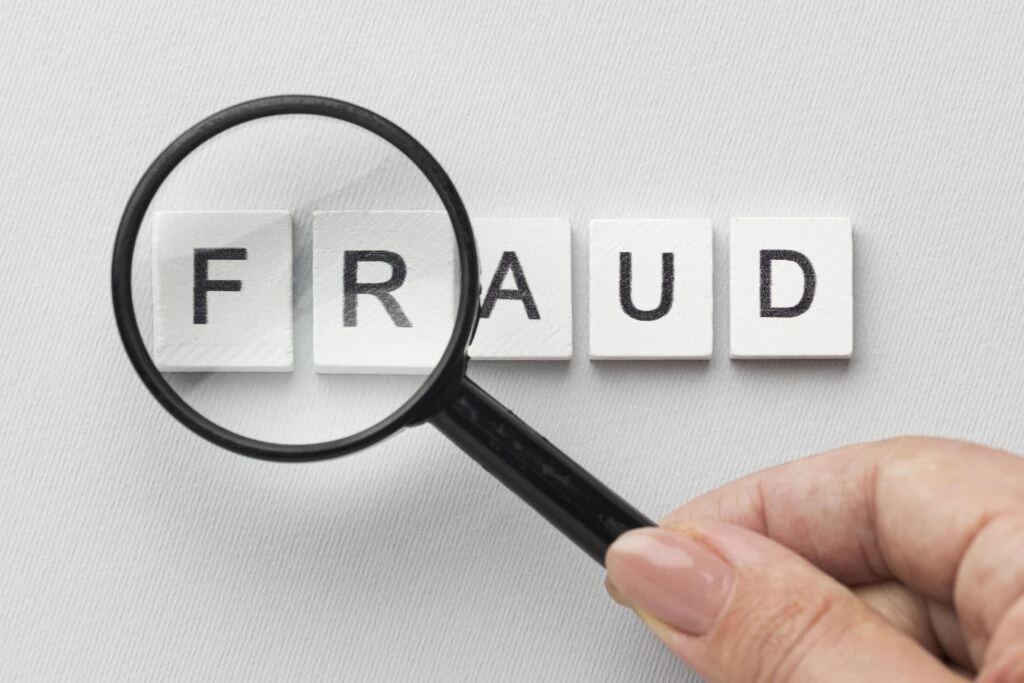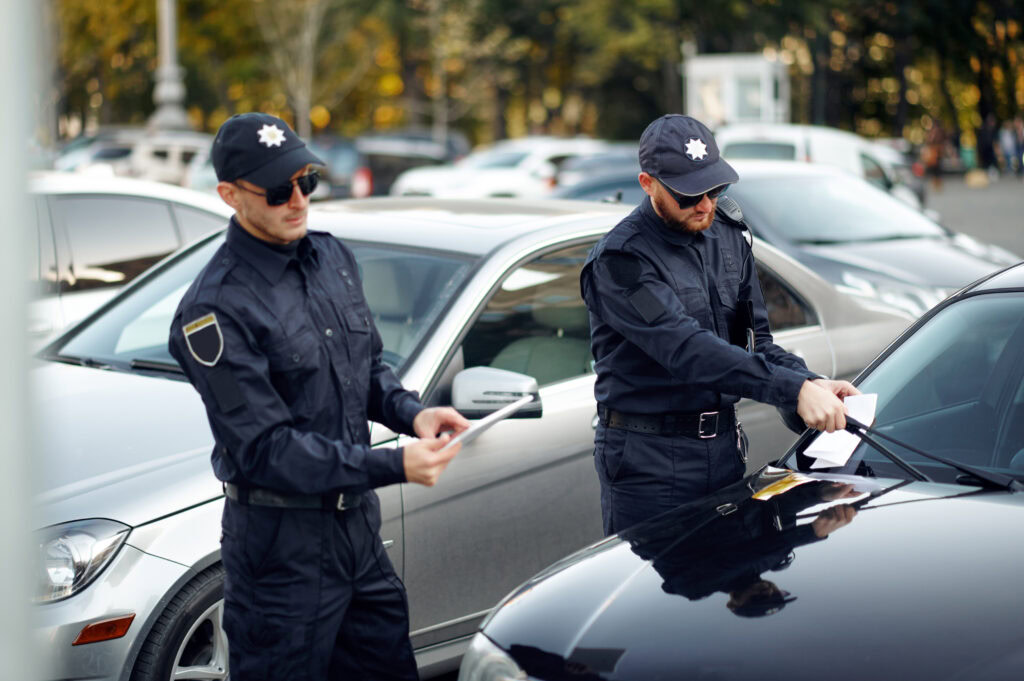Have you ever questioned, “Is a hit and run a felony?” If so, you’re not alone. We’ve been there, too, and we discovered an intricate web of laws that vary by location. But don’t worry, this post is here to help—we’ve compiled all the crucial information about hit and run charges.
These include definitions, possible penalties in various circumstances, and recommendations on what steps to take if you find yourself in a similar situation. Ready to unravel these complex legalities? Let’s get started.
Understanding Hit and Run Offenses
A hit and run offense refers to leaving the scene of an accident without stopping to provide identification or assistance.
Definition of Hit and Run
A hit and run offense occurs when a driver involved in a traffic accident intentionally leaves the scene without providing their contact information or assisting any injured parties.
These situations might involve two moving cars, a parked car, or even pedestrians. The severity of this crime sharply escalates if property damage, bodily injury, or fatalities occur due to the collision.
Not all hit and run incidents are considered felonies; it largely depends on the circumstances surrounding each case, such as where it occurred and who was involved. Each state has its own set of rules addressing these offenses, with varying degrees of punishment for offenders.
California Vehicle Code § 20002- Misdemeanor Hit and Run
A misdemeanor hit and run typically occurs when a driver leaves the scene of an accident that has only resulted in property damage, not bodily injury. It’s crucial to understand that this act is considered a criminal offense under California Vehicle Code 20002 despite being less severe than its felony counterpart.
Ignoring your legal duty to stop and identify yourself after causing property damage can land you with serious penalties. Jail time isn’t out of the question, even for such misdemeanor violations.
Defending against these charges is possible but requires skilled legal representation well-versed in navigating these offenses successfully.
Is a Hit and Run a Felony?
In terms of hit and run offenses, the question—is hit and run a felony—carries significant consequences. This crime is typified by fleeing the scene of an accident when someone else has been injured or even killed.
Law enforcement takes these cases very seriously and conducts comprehensive accident investigations to bring justice to the victim. The legal ramifications can be severe, with criminal charges ranging from vehicular manslaughter to injury-related felonies, depending on the degree of the collateral damage resulting from the accident.
In California, for instance, penalties may include significant jail time as it’s prioritized to shield innocent parties from such gross negligence and disregard for humanity on our roads.
Penalties for Hit and Run Offenses
Depending on the severity of the event, the consequences for hit and run offenses might change. Misdemeanor hit and runs are usually punished with fines, license suspension, and even jail time.
Felony hit and runs include harsher penalties, such as lengthier prison terms and heavier fines. Continue reading to discover more about the consequences of leaving the scene of an accident.
Penalties for Misdemeanor Hit and Run
A misdemeanor hit and run, which involves property damage, can lead to serious legal penalties. If convicted of this offense under California Vehicle Code 20002, you could face fines of up to $10,000.
In some cases, leaving the scene of an accident, even as a misdemeanor violation, can result in significant jail time. After being involved in a hit and run event, it is critical to understand the potential implications and take necessary action.
Penalties for California Vehicle Code § 20001- Felony Hit and Run
Felony hit and run offenses carry severe penalties. It falls under the California Vehicle Code 20001, if you are involved in a hit and run accident that causes injury, it is considered a felony crime. The consequences can include potential jail time, hefty fines, and even a permanent criminal record.
The specific penalties depend on factors such as the severity of the injury, property damage, and your criminal history. It’s crucial to understand the seriousness of these offenses and seek legal help if you face charges of felony hit and run.
What To Do After a Hit and Run
After a hit and run incident, it is crucial to take immediate action.
- First and foremost, ensure your safety by checking if you or anyone else involved in the accident has been injured.
- If necessary, call emergency services right away to report the incident and seek medical assistance.
- The next step is to gather as much information as possible about the incident. Take photos of any damage to your vehicle and write down details such as license plate numbers, make and model of the other vehicle involved, time and location of the accident.
- If there were any witnesses on the scene, try to secure their contact details and gather statements about their observations.
- Don’t forget to inform your insurance provider about the hit and run. They will guide you through the claims process for coverage of damages. Additionally, it may be helpful to file a police report so that law enforcement can investigate further.
- Remember that documenting everything related to the hit and run incident can significantly assist with legal consequences and potential personal injury claims.
Seeking Help After a Hit and Run
If you’ve been involved in a hit and run accident, it’s crucial to seek help as soon as possible.
- The first step after a hit and run is contacting the authorities and reporting the incident.
- They can gather evidence, interview witnesses, and work towards identifying the responsible party. Additionally, medical attention for any injuries is essential, even if they may seem minor initially.
- It’s important to have documentation of your injuries for insurance purposes and potential legal proceedings.
- In addition to involving law enforcement, consulting with an experienced attorney is highly recommended when dealing with a hit and run case. A lawyer specializing in personal injury or criminal defense can provide valuable guidance throughout the process.
They are capable of protecting your rights, collecting evidence, engaging in negotiations with insurance companies on your behalf, and initiating legal proceedings if necessary.
Conclusion
Is a hit and run a felony? This is a question that often arises when discussing legal matters. Understanding the difference between misdemeanor and felony hit and run offenses is crucial. The consequences for these offenses can be substantial, including jail time and fines.
Contact David L. Faulkner Now To Get the Help You Need!
If you need assistance with legal issues related to hit and run accidents, turn to David L. Faulkner for help today as a criminal defense lawyer based in Bakersfield, California. He has extensive experience handling both misdemeanor and felony cases. And with his constant communication and commitment to keeping clients informed throughout the legal process, you can rely on him for guidance and support during this challenging time.


